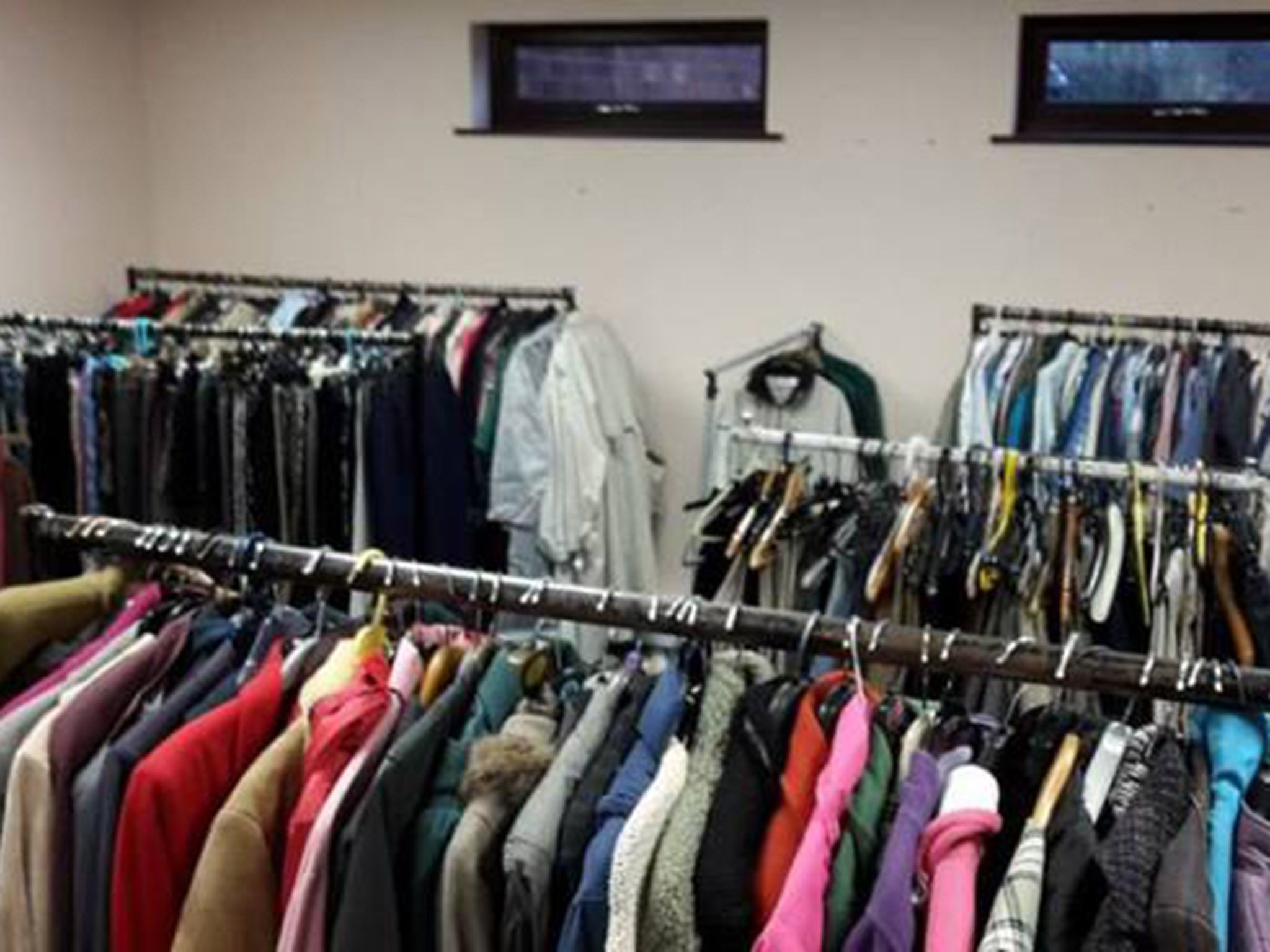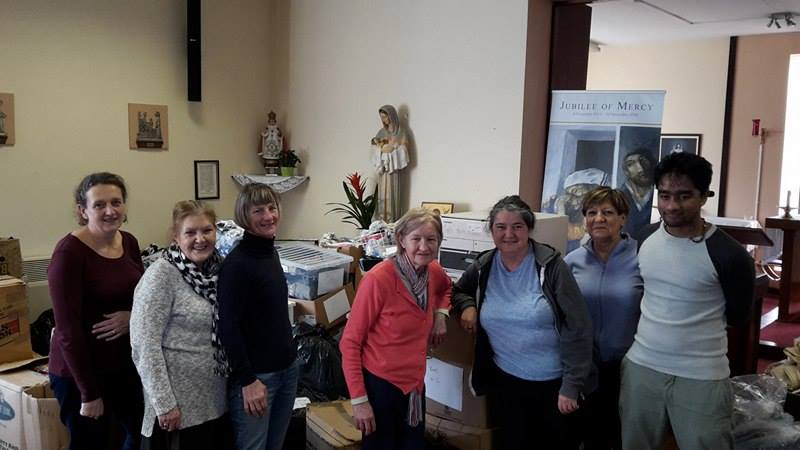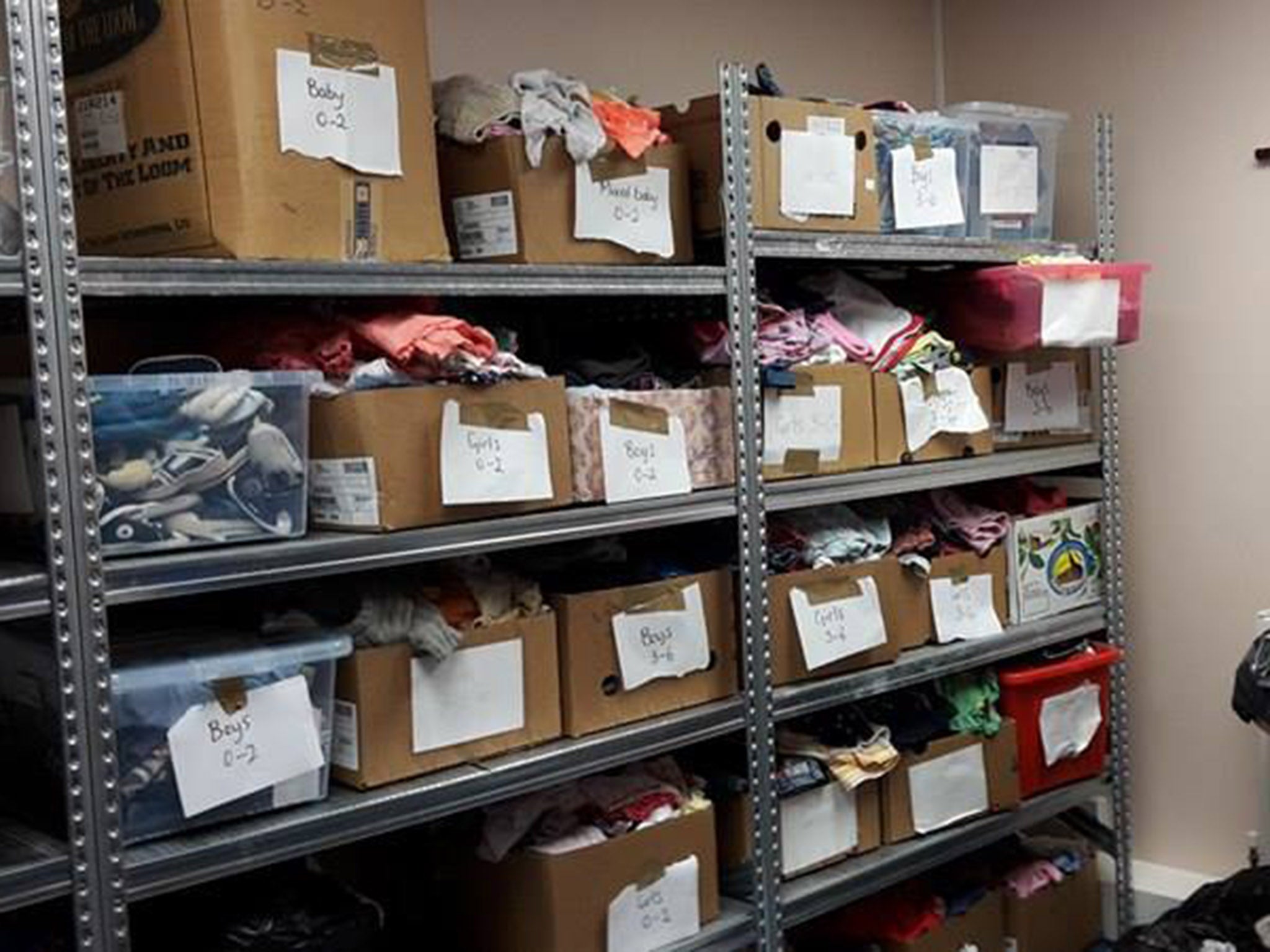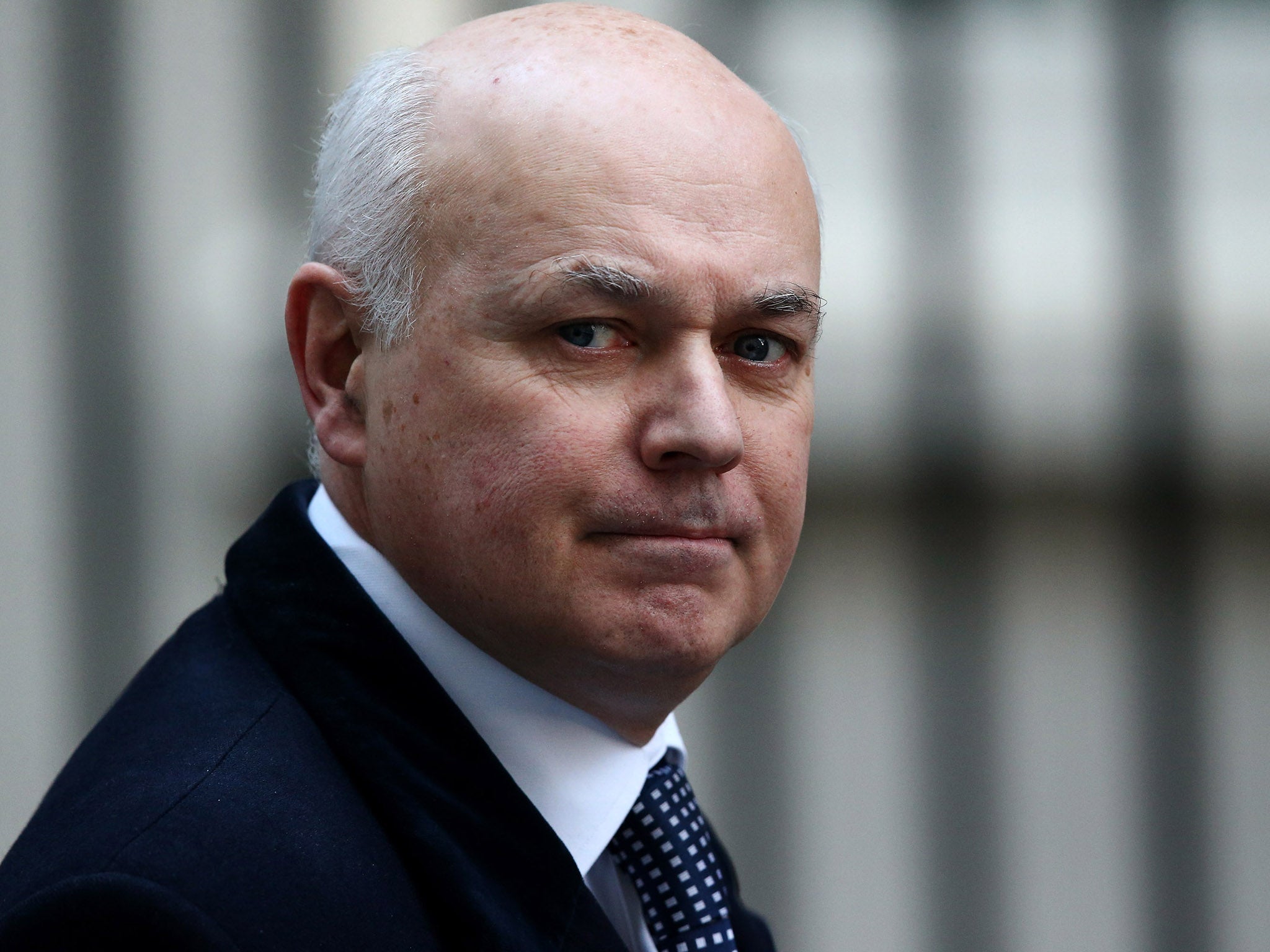Sharewear: Nottingham church group sets up clothing bank to 'plug the gap' left by government
Founder Louise Cooke says clothing is a 'hidden need' which is just as important as food and heating

Your support helps us to tell the story
From reproductive rights to climate change to Big Tech, The Independent is on the ground when the story is developing. Whether it's investigating the financials of Elon Musk's pro-Trump PAC or producing our latest documentary, 'The A Word', which shines a light on the American women fighting for reproductive rights, we know how important it is to parse out the facts from the messaging.
At such a critical moment in US history, we need reporters on the ground. Your donation allows us to keep sending journalists to speak to both sides of the story.
The Independent is trusted by Americans across the entire political spectrum. And unlike many other quality news outlets, we choose not to lock Americans out of our reporting and analysis with paywalls. We believe quality journalism should be available to everyone, paid for by those who can afford it.
Your support makes all the difference.A Nottingham church group has launched a clothing bank to "plug the gap" left by government cuts.
Founder of the Sharewear Clothing scheme, Louise Cooke, said she was inspired to do something for the less fortunate after her son Matthew volunteered with a local food bank and told her families regularly came in and asked for clothes.
He said they had nowhere to send them to because they could not even afford charity shop prices.
She told the Independent it made her realise clothing was a “hidden problem” because families have to prioritise what little money they had to spend on food, heating and basic living necessities.
She said she decided to approach members of a social justice community group she was involved in at her local Catholic Church to set up a bank which would operate along the same lines as a food bank using space in the church donated by a local priest.
The response had been “unbelievable” since they launched in March 2014 and she was “blown away” by the generosity they had encountered, the former primary school teacher said.
She said word had got around about the group through social media and word of mouth and they had been swamped with donations from local schools, businesses and individuals.
They also formed a partnership with a local Muslim charity which donated clothes and sends needy people towards the scheme.

Ms Cooke said of the 475 people they clothed last year there was a “50:50” split between children and adults.
Many of Sharewear’s visitors are ex-offenders and other people who are trying to rebuild their lives.
She said it highlighted to her how everyone is “one step away” from being in that position.
She explained: "Initially the vast majority of people who come have had their benefits sanctioned.
"But now the majority of people coming to us now are in work, there are on zero hours contracts, they are on low pay or have no pay if they are off sick.
"It's people who are struggling to make ends meet and then one little thing might send them over the edge.”

She said they also had more and more support workers coming in on behalf of the elderly and the mentally ill who were unable to leave the house.
Another "hidden" issue, she said, facing most families who come to the centre was bedding.
She said: “Even if you buy cheap bedding from places like Matalan it’s not cheap. It’s quite expensive if you need bedding for your entire family.
If it’s a choice between bedding and clothing our users get the clothing so they can send their children to school.
"And then when talk to them and uncover their stories sometimes we discover they are all lying on bare mattresses in their house because they prioritise clothes.
"At the end of the day you can sleep on a mattress in your coat and no one will know you are doing it."

Ms Cooke said Sharewear was now looking for some financial backing because it had become too big to run using part-time volunteers.
She said she had been inundated with calls from people all over the country looking to set up something similar where they live and asking for advice.
She believes the charity was "plugging a gap" that should be there and doing the government’s job for them but said "what is going to happen to those people" if they did nothing.
"What’s the choice? Don’t do anything and let people in your own city sleep on mattress in their coats?” she said.
Join our commenting forum
Join thought-provoking conversations, follow other Independent readers and see their replies
Comments